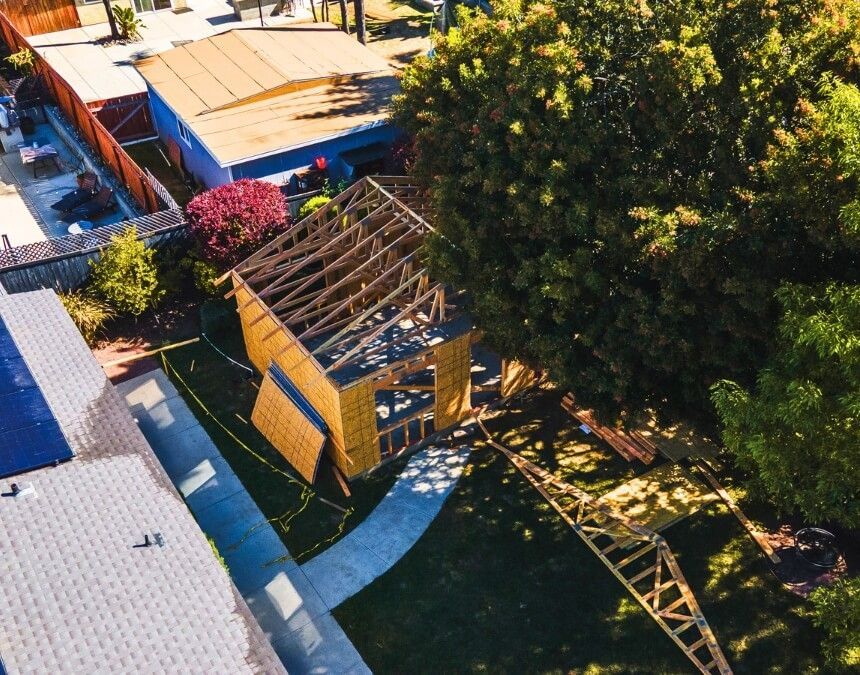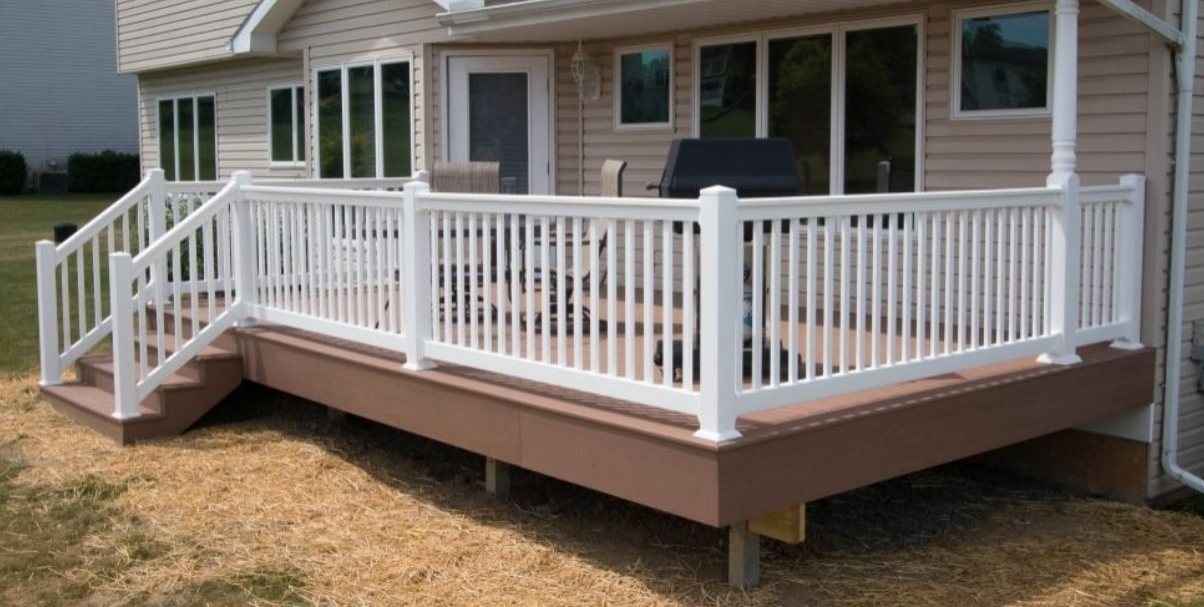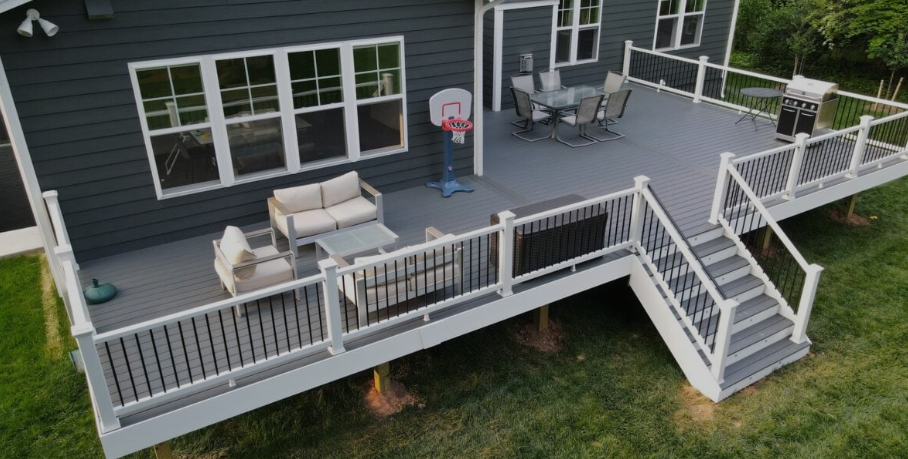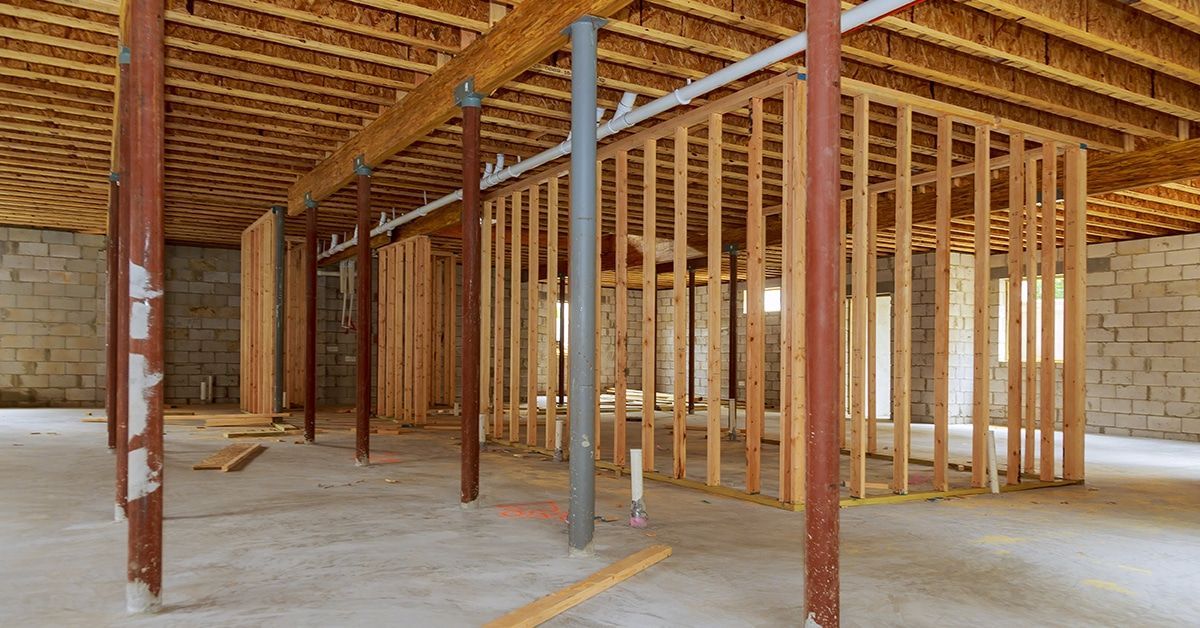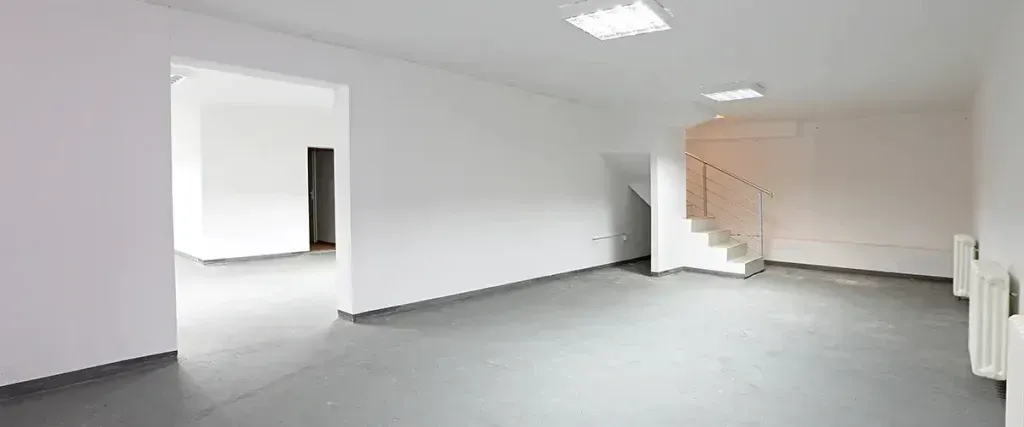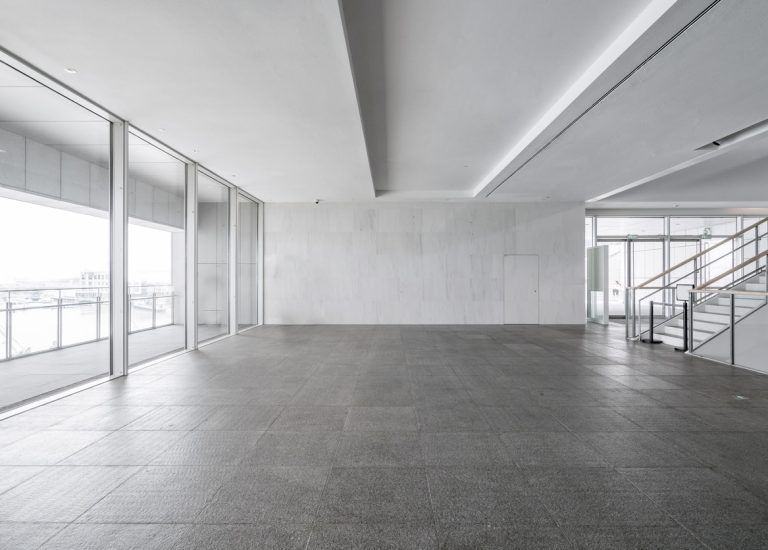Design Your Rhode Island Outdoor Kitchen + Patio Space
Rockhouse Construction, your premier Rhode Island patio builder, specializes in transforming your visions into a reality. Creating the ultimate outdoor kitchen and patio requires meticulous planning, a keen eye for detail, and a deep understanding of both functional design principles and the unique considerations of Rhode Island outdoor living.
Essential Elements for Your Rhode Island Outdoor Kitchen & Patio:
- The Heart of the Space: A High-Performance Grilling Station: A top-of-the-line grill serves as the central focal point of any well-equipped outdoor kitchen. When selecting a grill for your Rhode Island home, consider investing in built-in options that offer features such as convenient side burners for preparing sauces and side dishes, a versatile rotisserie for slow-cooked perfection, and even a smoker box for adding that authentic barbecue flavor. For those living near the Rhode Island coast, it's particularly important to choose grills constructed from durable, corrosion-resistant materials like high-grade stainless steel to withstand the salty air environment.
- Ample Countertops and Efficient Prep Areas: Generous and well-placed counter space is absolutely essential for efficient food preparation, serving buffet-style meals, and providing a convenient area for guests to rest drinks or plates. When selecting countertop materials for your Rhode Island outdoor kitchen, prioritize durable, weather-resistant options that can withstand the elements, including granite, sealed concrete, or sleek stainless steel. Consider incorporating designated prep sinks with running water to streamline food preparation and cleanup.
- The Convenience of an Outdoor Sink and Plumbing: Integrating a dedicated outdoor sink into your kitchen design significantly enhances functionality, making tasks like washing produce, rinsing dishes, and general cleanup far more convenient. If your budget and plumbing infrastructure allow, consider opting for both hot and cold water connections for added versatility. For Rhode Island winters, ensure that your outdoor plumbing is properly insulated and winterized to prevent freezing and potential pipe damage.
- Smart Refrigeration and Accessible Storage Solutions: To keep beverages chilled and perishable food items readily accessible while you're enjoying your outdoor space, consider incorporating an outdoor-rated refrigerator or beverage center into your kitchen design. Weatherproof cabinets and drawers provide invaluable storage for grilling tools, utensils, serving ware, and other outdoor essentials, helping to keep your patio area organized and clutter-free.
- Creating a Welcoming Outdoor Dining Area: Design a comfortable and inviting space for enjoying your culinary creations al fresco. Consider the typical size of your gatherings when selecting the appropriate size and configuration of your dining table and seating options. Opt for durable and weather-resistant outdoor furniture that can withstand Rhode Island's diverse climate, including materials like wicker, teak, or powder-coated aluminum.
- Providing Essential Shade and Comfortable Shelter: The summer sun in Rhode Island can be quite intense, making the inclusion of shade structures a crucial element for maximizing the usability and comfort of your outdoor kitchen and patio. Consider elegant pergolas draped with climbing vines, retractable awnings that offer adjustable shade, or even strategically planted trees that provide natural canopy.
- Illuminating Your Evenings with Thoughtful Lighting: Well-designed outdoor lighting extends the functionality and ambiance of your kitchen and patio well into the evening hours. Incorporate task lighting over grilling and prep areas for enhanced visibility, and layer in ambient lighting such as string lights, pathway lights, or recessed patio lights to create a warm and inviting atmosphere for dining and relaxation.
- Harmonizing Hardscaping and Lush Landscaping: The surrounding patio materials, such as elegant pavers or natural stone, and the carefully selected landscaping play a vital role in the overall aesthetic appeal and seamless integration of your outdoor kitchen and patio with your Rhode Island home and property. Choose hardscaping materials that complement your home's architectural style and are well-suited to the local climate. Consider incorporating native Rhode Island plants and greenery to enhance the natural beauty of your outdoor space and create a cohesive and inviting environment.
Designing Specifically for the Unique Aspects of Rhode Island Living:
When meticulously planning your ultimate Rhode Island outdoor kitchen and patio, it's essential to take into careful consideration the following local environmental factors:
- Mitigating the Effects of Coastal Exposure: If your Rhode Island home is located near the coastline, prioritize the selection of materials that are specifically designed to withstand the corrosive effects of salt spray and strong winds. Opt for marine-grade stainless steel for appliances and hardware, and choose dense, non-porous hardscaping materials.
- Ensuring Robust Weather Resistance: Given Rhode Island's fluctuating temperatures and exposure to both significant rainfall and winter conditions, select durable materials that are specifically engineered to withstand these environmental stresses, ensuring the longevity and lasting beauty of your outdoor space.
- Integrating Seamlessly with Local Architectural Style: Strive to incorporate design elements, materials, and landscaping choices that complement the established architectural style of your Rhode Island home and harmonize with the surrounding natural landscape, creating a cohesive and aesthetically pleasing outdoor living environment.
Rockhouse Construction: Creating Your Rhode Island Outdoor Kitchen & Patio Oasis:
Rockhouse Construction’s team has the specialized expertise and commitment to meticulously design and expertly build the ultimate outdoor kitchen and patio space that is tailored to your specific lifestyle needs and the unique environmental considerations of Rhode Island. We manage every intricate aspect of the project, from the initial conceptual design and material selection to the final, flawless construction, ensuring a seamless, stress-free, and ultimately rewarding experience for you. Allow us to help you transform your Rhode Island backyard into a breathtaking outdoor oasis where you can effortlessly cook, dine, entertain, and create lasting memories for years to come. Contact the experienced team at Rockhouse Construction today for a comprehensive consultation, and let's begin on the exciting journey of planning and building your dream Rhode Island outdoor kitchen and patio!
